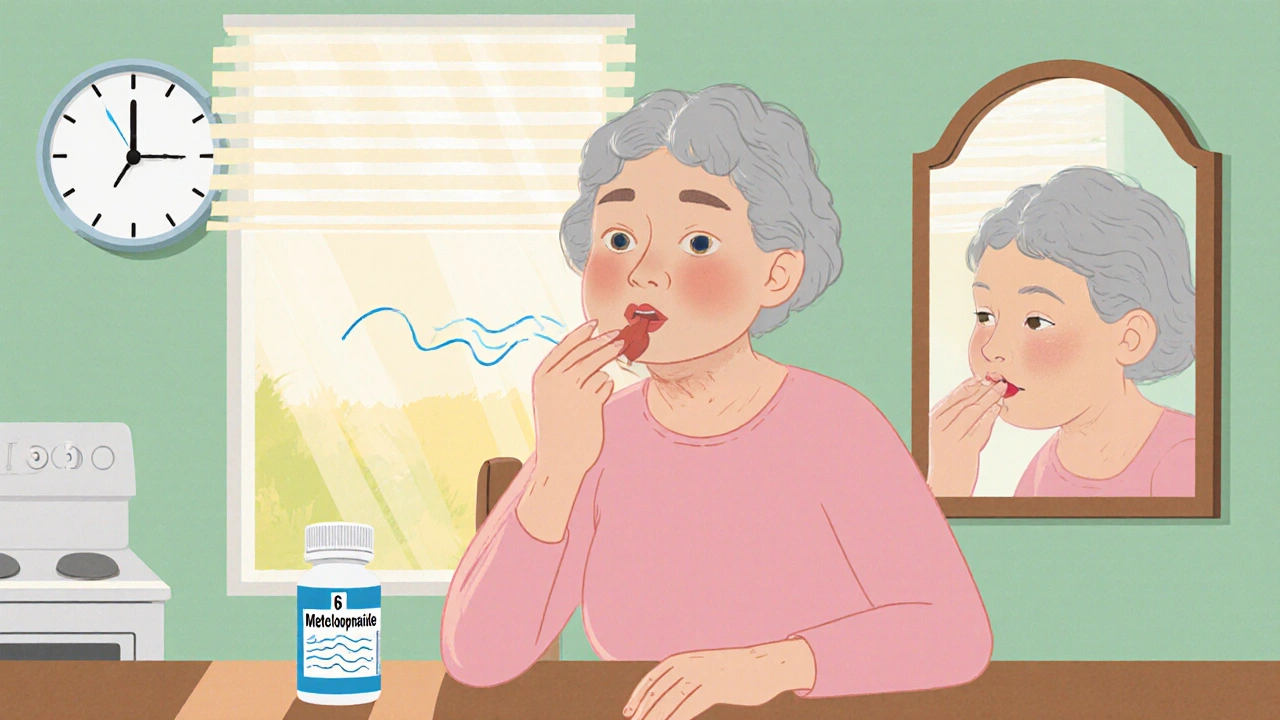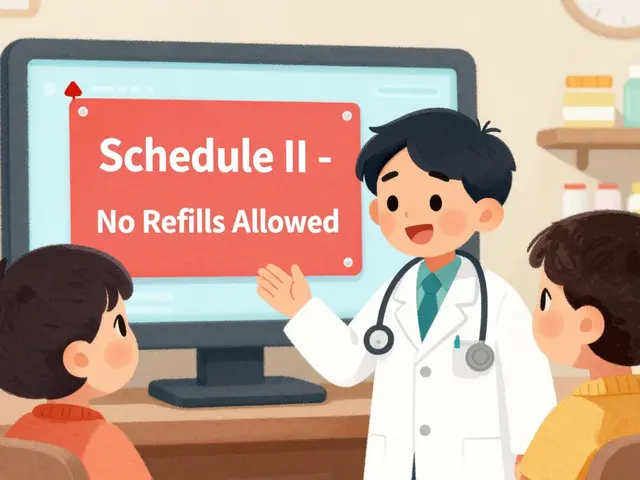Dopamine Blockade: What It Is, How It Works, and What Medications Cause It
When you hear dopamine blockade, the process where certain drugs prevent dopamine from binding to its receptors in the brain. Also known as dopamine receptor antagonism, it’s not a side effect—it’s the whole point of how many psychiatric medications work. Dopamine isn’t just about pleasure or motivation. It’s a chemical messenger that helps control movement, mood, focus, and even nausea. When dopamine blockade happens, it’s like turning down the volume on a signal your brain relies on. Too much, and you might feel sluggish, emotionally flat, or develop muscle stiffness. Too little, and you could struggle with psychosis or hallucinations.
This process is central to how antipsychotics, a class of drugs used to treat schizophrenia, bipolar disorder, and severe depression with psychotic features do their job. Drugs like haloperidol, risperidone, and olanzapine work by blocking dopamine D2 receptors. That’s why they help calm racing thoughts or reduce delusions—but also why they can cause tremors, weight gain, or a feeling of being emotionally numb. It’s not magic. It’s chemistry. And it’s not always easy to balance. Even dopamine receptors, the protein structures on brain cells that dopamine binds to can change over time. Long-term use can make them more sensitive or less responsive, which is why some people need dose adjustments or switch medications.
You’ll find this concept popping up in other places too. Some anti-nausea drugs like metoclopramide block dopamine in the brain’s vomiting center. That’s why they work for chemo or post-op nausea—but can also cause restlessness or tardive dyskinesia if used too long. Even some antidepressants and mood stabilizers have dopamine-blocking effects, even if they’re not classified as antipsychotics. The line isn’t always clear. What matters is understanding that dopamine blockade isn’t something that happens by accident. It’s targeted. It’s measurable. And it’s why some people feel better, while others feel worse.
The posts below cover real-world cases where dopamine blockade plays a role—whether it’s in antipsychotic side effects, how certain drugs affect movement, or why some people on long-term treatment need extra support. You’ll see how this single mechanism connects to nausea, muscle control, emotional flatness, and even weight gain. No jargon. No fluff. Just clear explanations of what’s happening inside the body, and what you can do about it.




